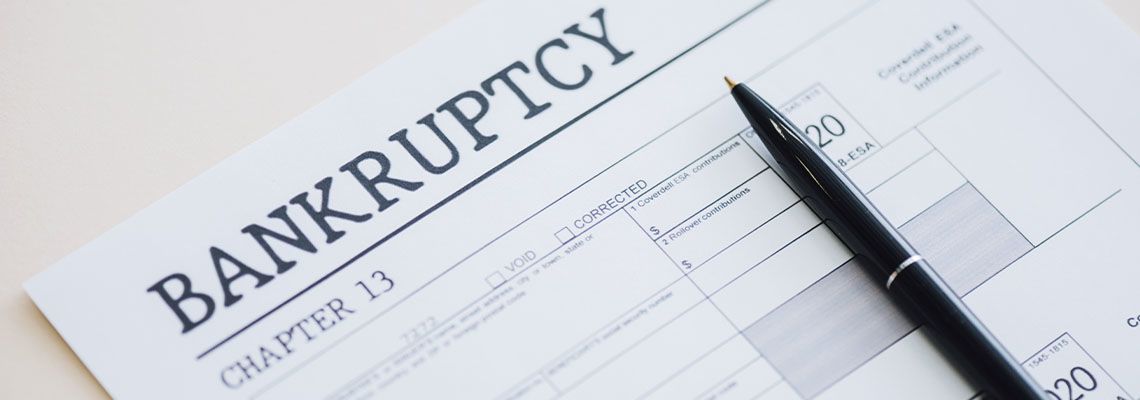
What If I Can’t Fulfill the Repayment Plan Under Chapter 13?
According to the U.S. Bankruptcy Courts, in the Southern Districts of Georgia, there were nearly 2,400 people who filed for Chapter 13 bankruptcy in 2021, and this number is set to exceed 2,800 in 2022. More and more people are finding themselves in need of financial assistance, and bankruptcy is sometimes the best choice to address these issues. However, if you do file and then are left asking yourself, “What happens if I can’t fulfill a Chapter 13 repayment plan?” or “What should I do if I know I’ll miss a Chapter 13 payment?”, you may need the help of a bankruptcy attorney.
To speak with someone about your financial concerns, call me at Pytte Law. With office locations in Savannah and Hinesville, Georgia, I can help those throughout the area including Chatham County, Liberty County, Bryan County, Effingham County, and Long County.
What to Do If You’ll Miss a Chapter 13 Payment
Once you establish a Chapter 13 repayment plan, it’s important you stick to it, but this is often easier said than done. If you find it harder and harder to make your payments and feel you may need to miss more than one payment, you need to make a plan to address this. If you’ve only missed one payment due to a temporary financial setback, you can often contact your trustee and work out a plan. Alternatively, you may be able to contact the courts to figure out how to make up for a couple of lapsed payments. However, if the repayment plan is no longer sustainable, you need to work on a more permanent solution.
Options When You Can’t Fulfill Your Repayment Plan
You have four main options when you can’t fulfill your repayment plan. Your first option is modifying a Chapter 13 repayment plan, and this is often done with your trustee or the courts. This choice is best suited for someone who is only experiencing a minor economic hardship and can take proactive steps to come up with a new plan before missing too many payments. Your next choice is a Chapter 13 hardship discharge in which the courts may decide to wipe out the rest of your payments.
You also have the option of converting to Chapter 7 bankruptcy, but this will require your trustee to sell any of your non-exempt property that has been protected under Chapter 13. This may be a good option if you don’t have a lot of non-exempt assets, but note there is certain debt that cannot be eliminated such as back taxes, student loans, and child support. Finally, you may request that your case be dismissed and ask to begin refiling your Chapter 13 bankruptcy. However, you should only consider this option after meeting with a qualified attorney.
Understanding a Hardship Discharge
A hardship discharge is one option to address missed payments, but it’s rarely approved by judges and may not help you anyway. To receive this discharge, you must prove the circumstances that led to this point were beyond your control, that you’ve paid off your unsecured debt (like credit cards) up to the amount they would have been under Chapter 7, and that a modification isn’t workable. There are also many debts that won’t be eliminated under this discharge such as taxes, child or spousal support payments, payments on any secured debts, student loans, fines from criminal charges, or any debts that weren’t originally listed on your bankruptcy declaration.
Trusted Experienced You Can Depend On
If you’re in the Savannah or Hinesville, Georgia, areas and are concerned you won’t be able to meet the obligations of your Chapter 13 repayment plan, you should speak to me at Pytte Law right away. These problems will not simply go away, and the sooner you make a plan to address them, the better off you’ll be.